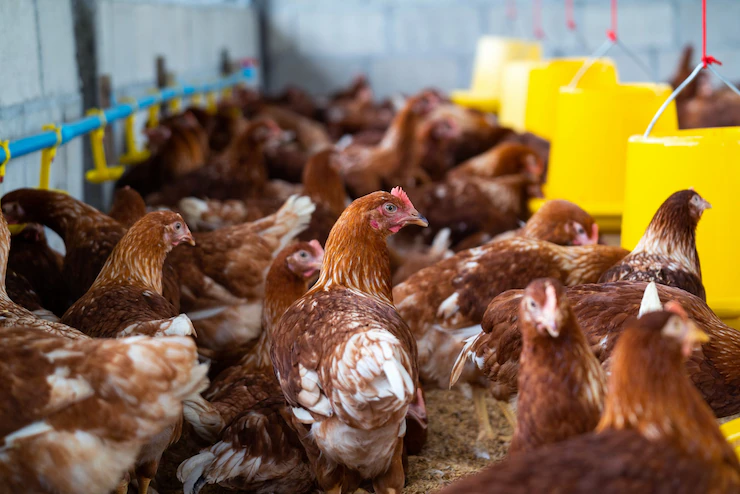Poultry farming plays a significant role in meeting the demand for quality chicken in South Africa. As the population continues to grow and consumer preferences shift towards poultry products, the industry has experienced substantial growth and offers numerous opportunities for farmers and entrepreneurs.
- Growing Demand: South Africa has a high demand for chicken products due to factors such as affordability, taste preferences, and versatility in cooking. The increasing population and urbanization have further amplified this demand, making poultry farming a lucrative business venture.
- Economic Importance: Poultry farming contributes significantly to the South African economy. It provides employment opportunities, both directly and indirectly, through various stages of production, such as rearing, processing, distribution, and marketing. The industry also generates revenue from exports, contributing to the country’s foreign exchange earnings.
- Suitable Climate: South Africa’s diverse climatic conditions make it favorable for poultry farming. Different regions offer suitable environments for both free-range and intensive farming systems. Farmers can select the appropriate production method based on their resources, scale of operation, and market requirements.
- Government Support: The South African government recognizes the importance of the poultry industry and provides support through policies, subsidies, and technical assistance. Various programs focus on promoting sustainable poultry production, improving genetics, disease control, and market access. These initiatives encourage farmers to invest in the sector and enhance the overall quality of chicken production.
- Technology and Innovation: Advancements in technology have revolutionized poultry farming practices, making them more efficient and productive. Modern poultry houses, automated feeding and watering systems, climate control mechanisms, and improved breeding techniques have significantly improved the quality of chicken produced. Farmers can adopt these technologies to meet the increasing demand for quality chicken products.
- Quality Control and Standards: To meet consumer expectations and ensure food safety, South Africa has stringent quality control measures and industry standards for poultry production and processing. Compliance with these standards ensures the production of safe, hygienic, and high-quality chicken products, fostering consumer trust and promoting market growth.
- Value-Added Products: Poultry farming allows for the production of various value-added products, such as processed chicken cuts, sausages, nuggets, and ready-to-eat meals. Diversifying the product range can cater to different consumer preferences and increase profitability for farmers.
- Export Opportunities: South Africa has the potential to export poultry products to neighboring African countries and beyond. Meeting the demand for quality chicken locally positions farmers to explore international markets, contributing to economic growth and development.
- Sustainability and Environmental Considerations: Poultry farming can be environmentally sustainable when managed responsibly. Implementing eco-friendly practices, such as efficient waste management systems, renewable energy sources, and water conservation measures, reduces the environmental impact and ensures long-term viability of the industry.
- Market Dynamics: Understanding market dynamics, consumer preferences, and emerging trends is crucial for poultry farmers. By staying informed about changing demands, health-conscious choices, and cultural preferences, farmers can adapt their production and marketing strategies to meet the evolving needs of the market.
In conclusion, poultry farming in South Africa is vital for meeting the growing demand for quality chicken. With favorable climatic conditions, government support, technological advancements, and a focus on sustainability, the industry offers opportunities for farmers to contribute to the economy while providing consumers with safe and nutritious poultry products.
Join 'Farmers Mag' WhatsApp Channel
Get the latest Farming news and tips delivered straight to your WhatsApp
CLICK HERE TO JOIN






